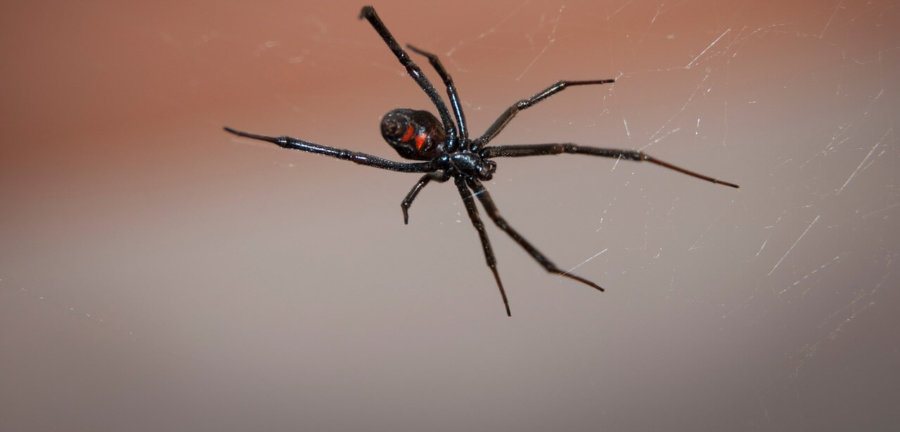A bite from a black widow spider can cause difficulty breathing, vomiting, tremors, abdominal pain, and a long list of other painful complications. What most people don’t realize is that the treatment for these bites is derived from horse blood, which can itself transmit viral and bacterial illnesses to humans and cause severe or even fatal allergic reactions.
All over the world, horses are being exploited as living factories, injected with venom so that their blood will produce antibodies that can be extracted and used to treat spider bites. Imagine what they endure as the venom courses through their veins, making them sick. And it takes a strong stomach to watch PETA India’s video of the horrific conditions in which they’re factory-farmed for their blood.
Hell for Horses
On filthy farms in India, thousands of horses, mules, and donkeys are kept in appalling conditions for the sole purpose of producing antibodies, which are isolated from their blood after they’re injected with toxins, venoms, and other harmful substances over and over again.
Painful needles–larger than those recommended in government guidelines–are often used for convenience’ sake, because they can withdraw blood quickly. The horses are physically restrained, and up to 15% of their total blood volume is drawn all at one time from a vein in the neck–as much as 2 gallons (7.5 liters). They’re subjected to this frightening and painful ordeal as frequently as every other week.
A PETA India exposé of these facilities revealed that many horses were suffering from anemia, diseased hooves, eye abnormalities, infections, parasites, and malnutrition–without receiving any veterinary care. Fearful and anxious when approached, many struggled to get away but were tied up too tightly to escape.
Coming to Their Rescue
Together with the Center for Contemporary Equine Studies, the PETA International Science Consortium is funding a project that will use human cells instead of horses’ blood as a source of antivenom. The research is being carried out by the Institute of Biochemistry, Biotechnology, and Bioinformatics at the Technische Universität Braunschweig in Germany, which specializes in human antibodies, and by the Center for Scientific Research and Higher Education at Ensenada, a laboratory in Mexico that specializes in spider venom.
This isn’t the first time the Consortium has funded pioneering work. It also has a project underway with the Institute of Biochemistry, Biotechnology, and Bioinformatics to create human 
Lab-Produced Antitoxins Are a Win-Win Proposition
In addition to being humane, creating antibodies from human cells instead of horses’ blood is safer and more efficient.
Take Action Now
Visit PETA.org/Antitoxin to watch PETA’s video, urge the Indian government to revoke the licenses of abusive horse-serum facilities, and help fund animal-free alternatives.





